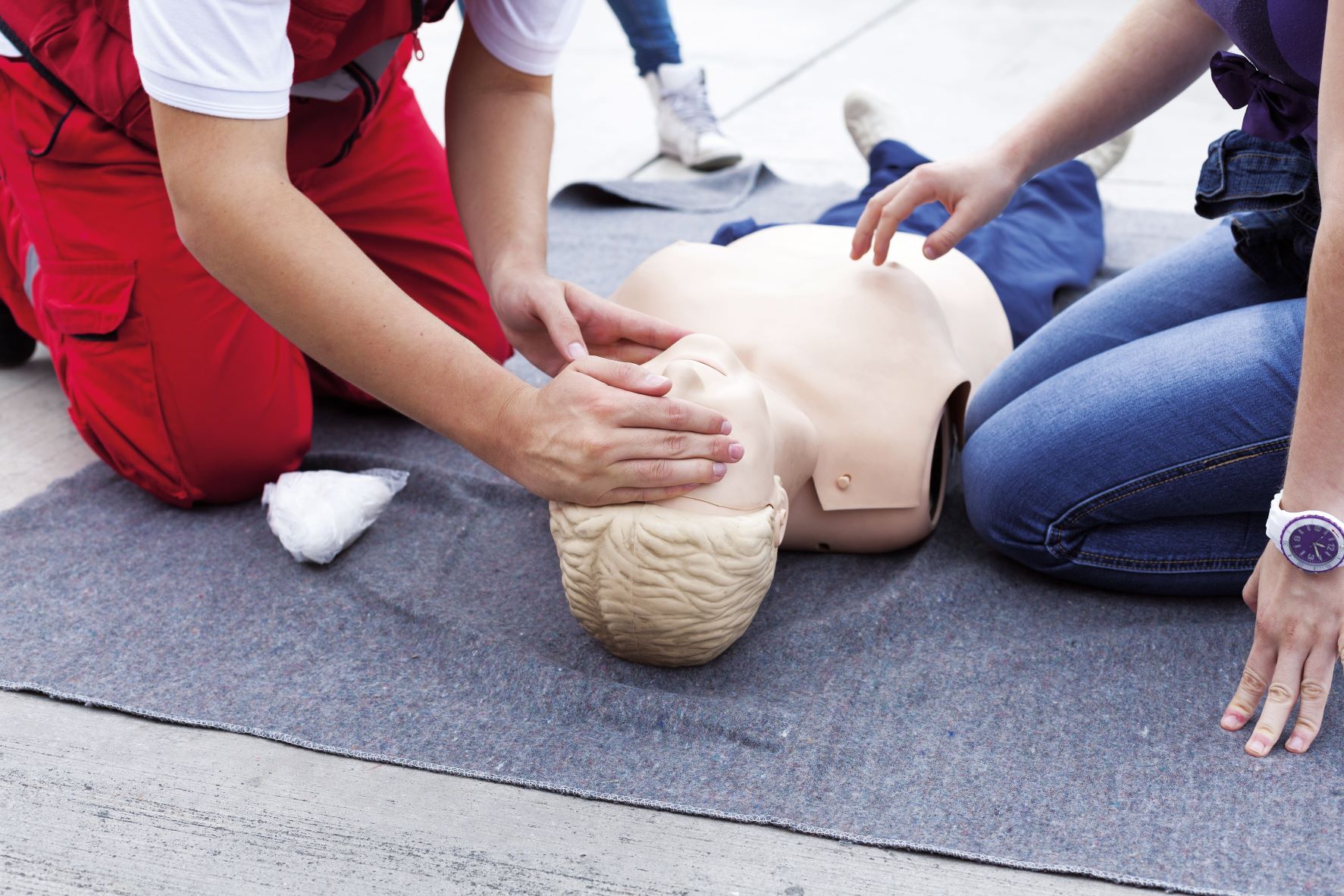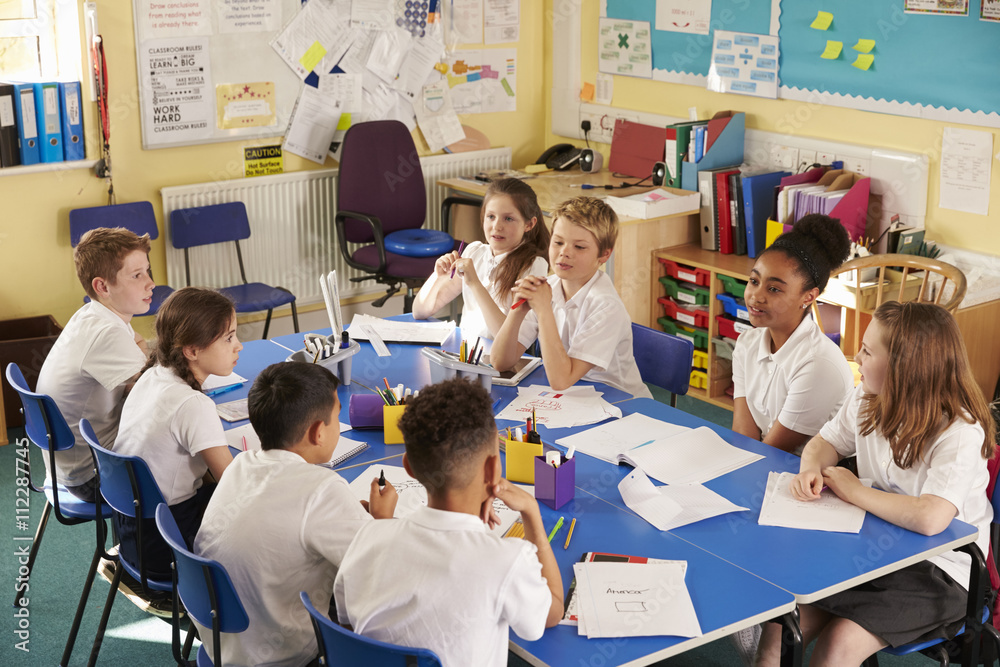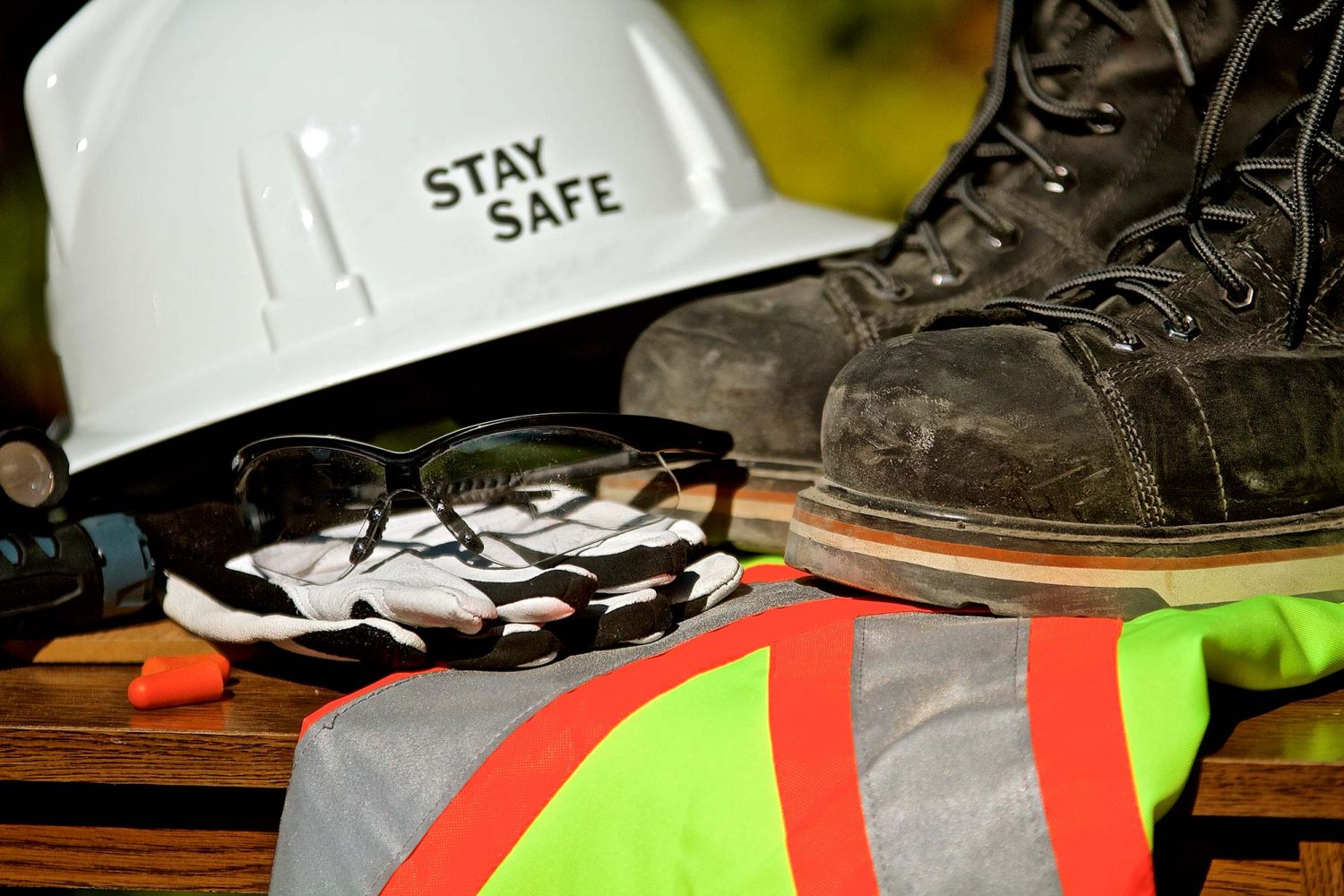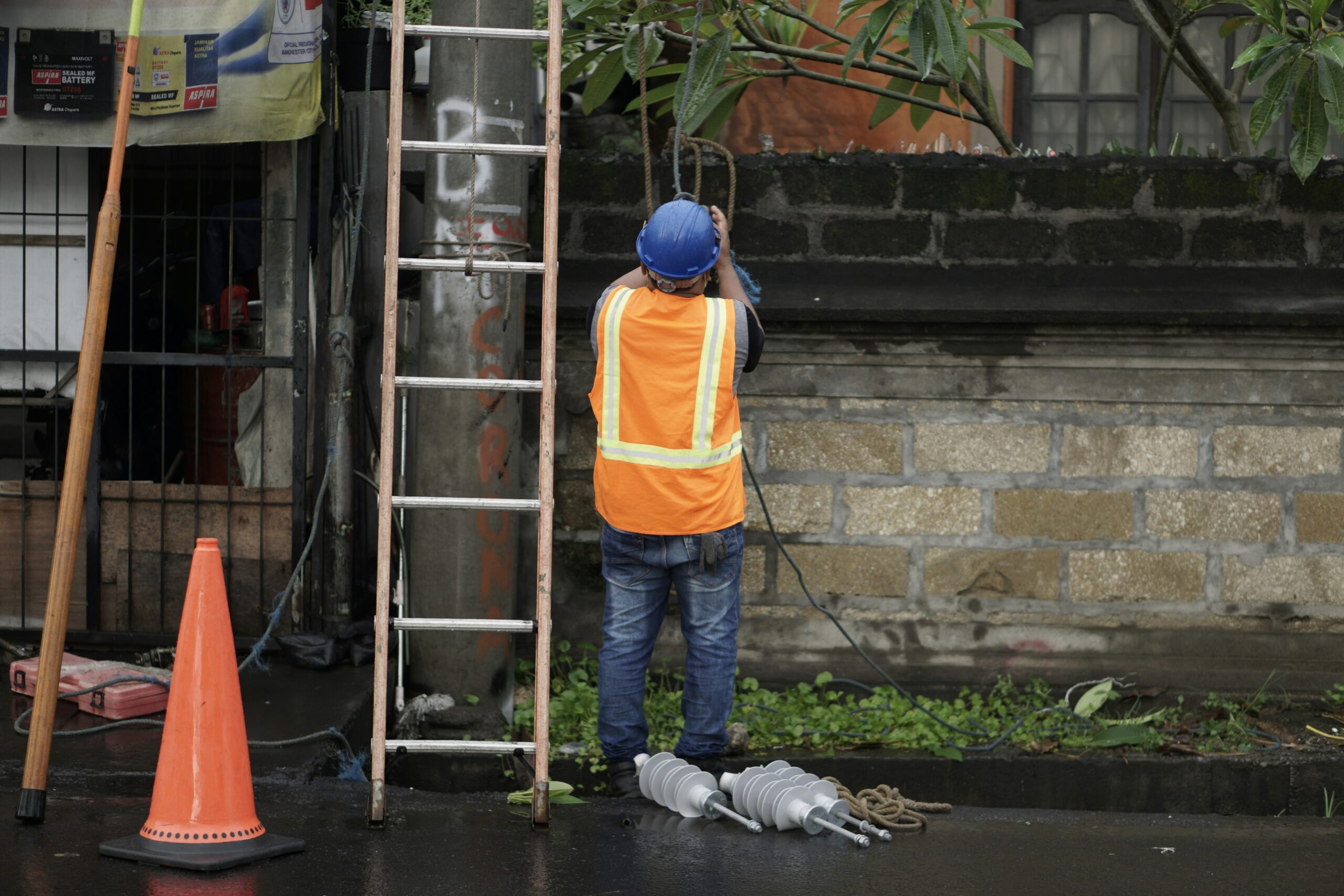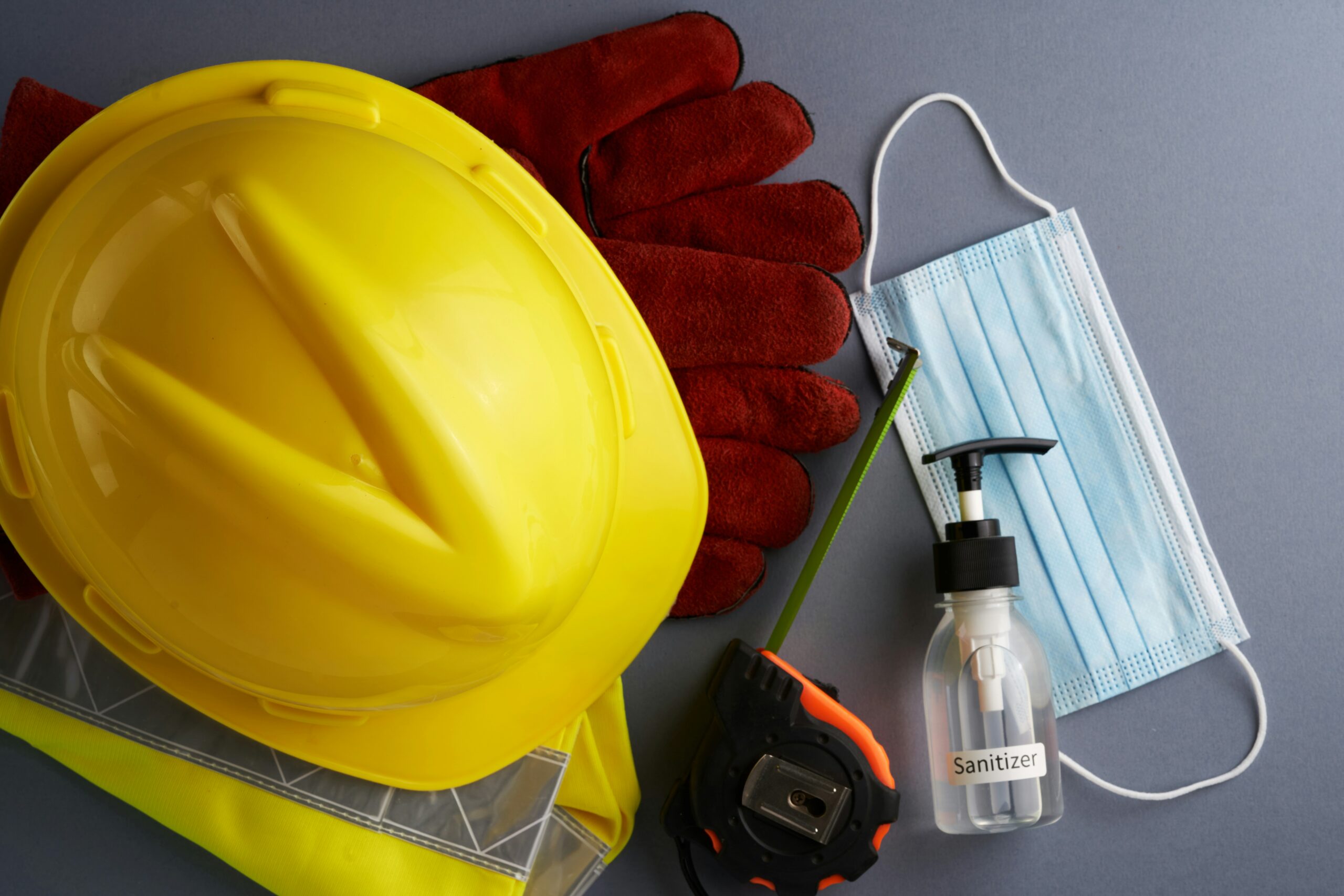Toolbox Talks
Welcome to the Atlas Toolbox Talks archive, where you can access a wide variety of health and safety advice & guidance, spanning multiple sectors. It’s just one more example of how Atlas provide an unrivalled service that keeps businesses compliant and staff safe.
Would you like a free consultation?
We’ll even call you…
Arrange a call back for a free, no obligation consultation with one of our health and safety experts at a time and day to suit you.
